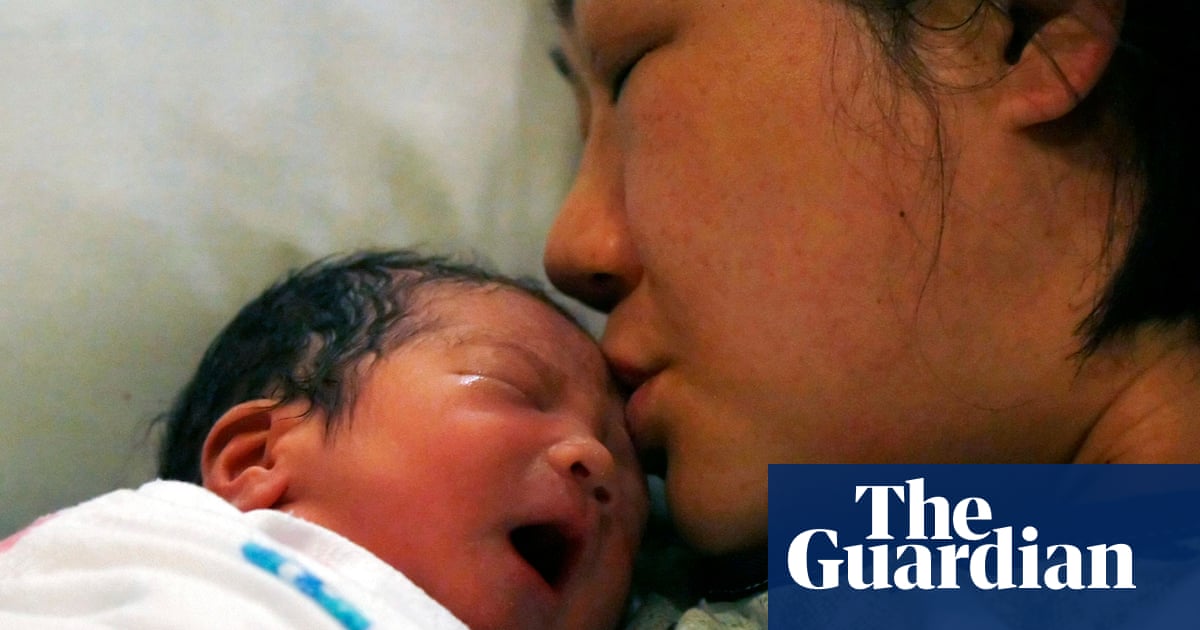
People are paying thousands of pounds to hire private midwives amid frustration at the poor service many patients face in the NHS, with women left feeling fobbed off and ignored.
Growing numbers are paying up to £8,000 for maternity services, adding to a surge in people going private as the NHS struggles to provide swift and safe care.
Last month MPs found that women in labour had been mocked, ignored and left with permanent damage by NHS midwives and doctors. The UK’s first inquiry into birth trauma found poor childbirth care was so common, and its consequences so damaging, that ministers and NHS bosses needed to push through significant changes.
The Portland hospital in London is the only privately owned maternity hospital in the UK, and giving birth there starts at £7,495 for a consultant-led vaginal delivery. The hospital said it had seen an “increase in expectant mothers choosing” it. A spokesperson added: “We’re finding more women also want the guarantee of continuity of care, which we provide.”
Midwives who work outside the NHS in a self-employed capacity also report a surge in business.
Jacqui Tomkins, who has been an independent midwife for more than 20 years, said inquiries doubled from two to five a week after the pandemic and had stayed high. She said a lot of women were looking for extra support because of “trauma from their birth experience”. They were also looking for continuity of carer and “a midwife they know and trust”.
She said: “Women who book with me and my practice can have a home birth or a birth centre one at the Chelsea and Westminster hospital [in London]. I have a contract with that trust that allows me to work in this way. It’s pretty fantastic and allows women to have full control of the decision-making process for the place of birth.
“If a woman is birthing at home and things look like they need a more medical approach then we transfer into the hospital.”
Self-employed midwives need professional indemnity insurance to practise. “There is some limited provision in the commercial markets but it is expensive and fairly limiting on how you can practice,” Tomkins said.
On average, private midwifery services cost between £4,000 and £8,000. That typically covers prenatal care, attendance at the birth and postnatal support. For just antenatal support the costs are about £2,500.
Kat Munday, an independent midwife, said her fellow self-employed colleagues had noted that more women were seeking “a private midwife”. Munday said the reasons for the surge in demand included continuity of carer, an increase in women choosing to freebirth, the cancellation of home birth services by some NHS trusts and negative reporting of NHS maternity services.
“People choose the service of a private midwife either as an alternative to accessing NHS care or to supplement [it],” she said.
Mid Cheshire hospitals trust does not have private maternity services but offers private rooms for postnatal stays. The number paying for these rooms rose from 1,470 in 2016 to 6,100 last year. Great Western hospitals trust said income from private rooms increased from £142,606 in 2018-19 to £164,854 in 2023-24.
after newsletter promotion
Royal Surrey trust saw 12 patients who had private consultant-led caesarean sections in 2021 and the same number in 2024. Income from the service rose from £59,183 to £84,999 in that time. In 2021, 64 patients paid for private rooms at the trust after birth, creating £28,126 in income. The number rose to 116 in 2024, with £65,684 made.
One of the larger private NHS healthcare trusts, Imperial College, bucked the trend. It said private patient numbers were down from 1,110 in 2018 to 916 last year. It made £6.6m in 2018 and £6.4m last year.
Dr Katrina Erskine, a consultant obstetrician and gynaecologist at the Portland hospital, said women were seeking “private obstetric care fluctuations mainly due to economic situation”. Rather than noticing a substantial increase in women seeking private services, Erskine said more were opting for caesarean sections on the NHS.
She said: “We did see many more women deciding that they don’t want to have the anxiety of having a labour where they might end up with a difficult delivery … so they are choosing to have a planned C-section and that is definitely increasing … That is influenced by women reading bad stories or hearing from friends about a bad experience.”
Source: theguardian.com


















